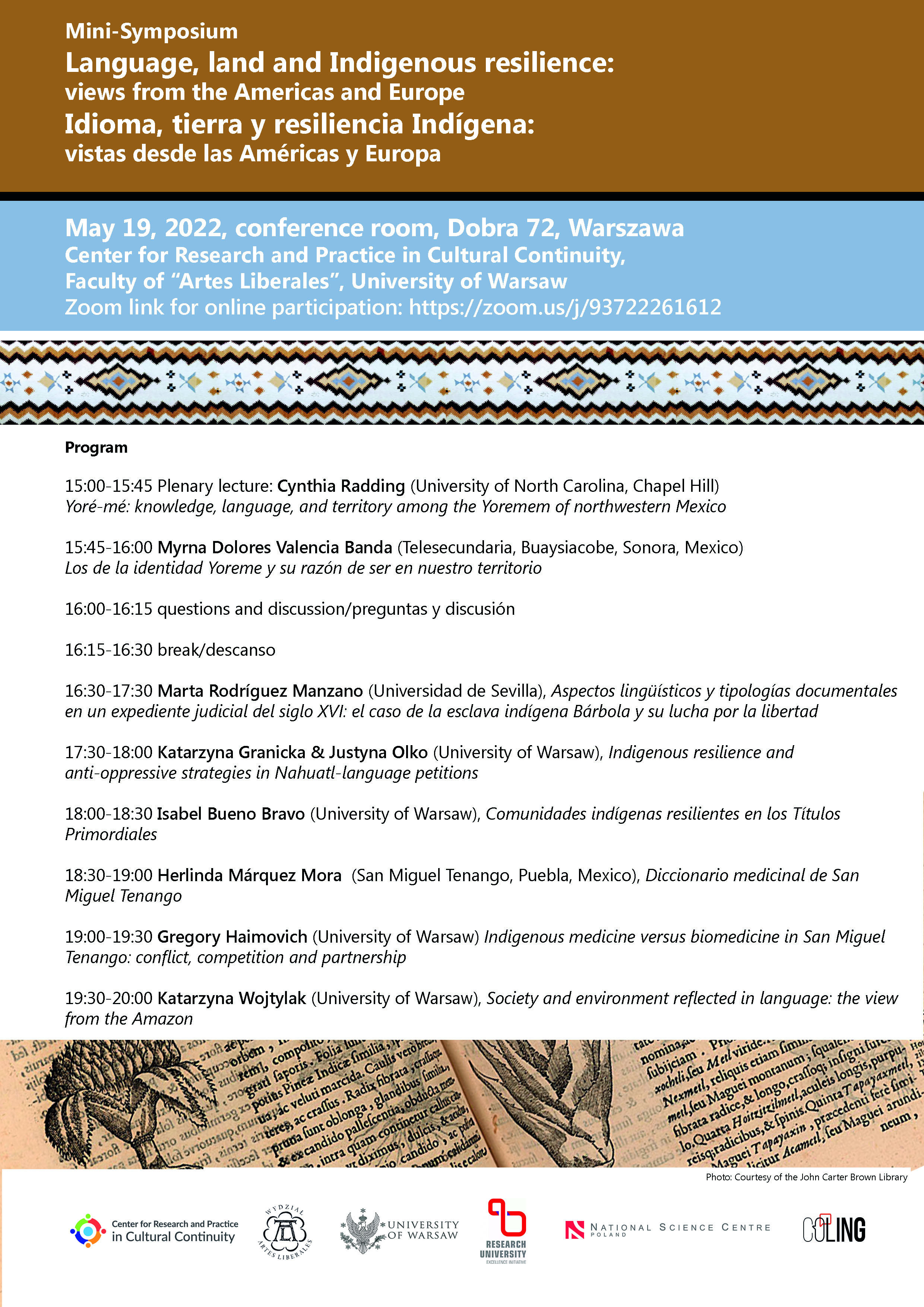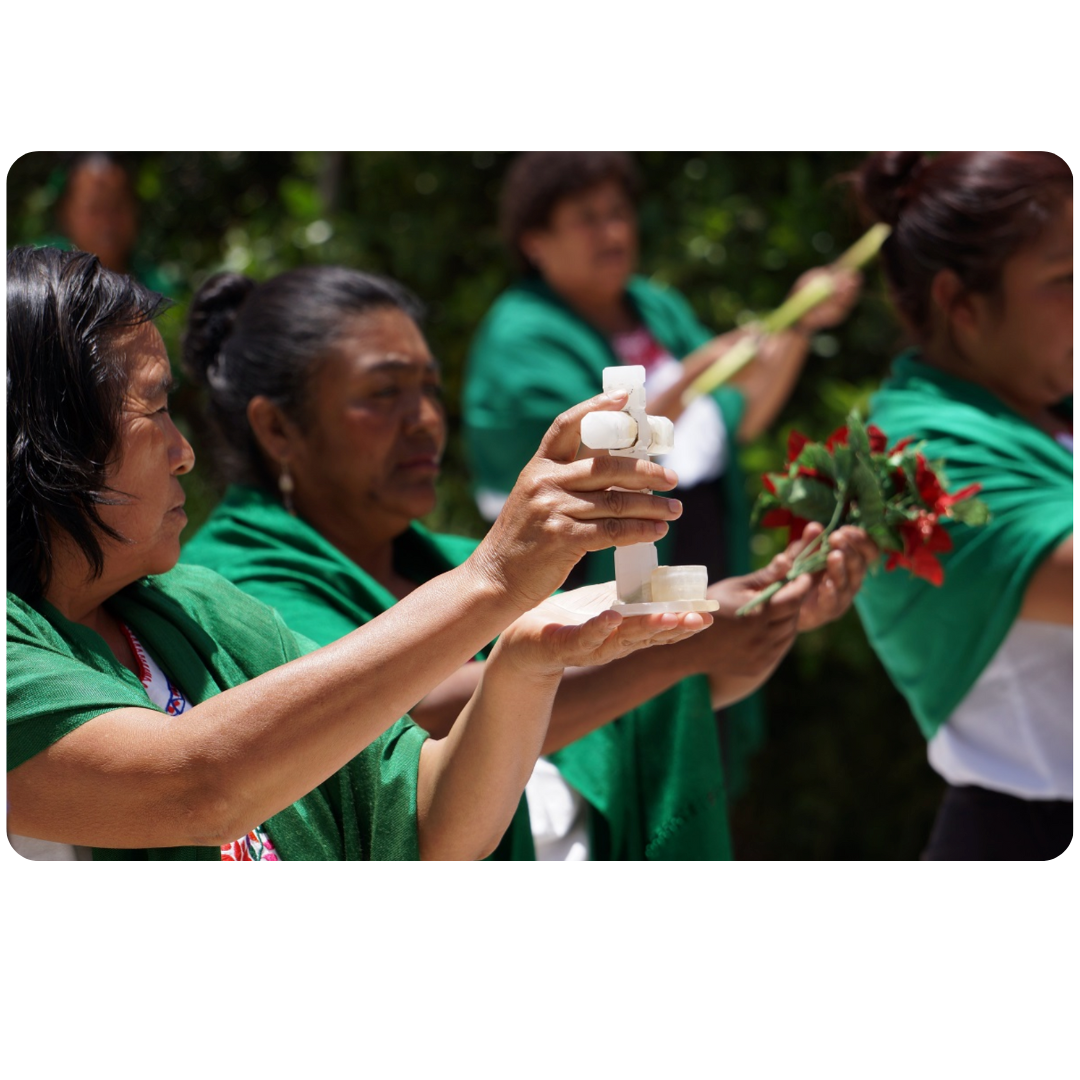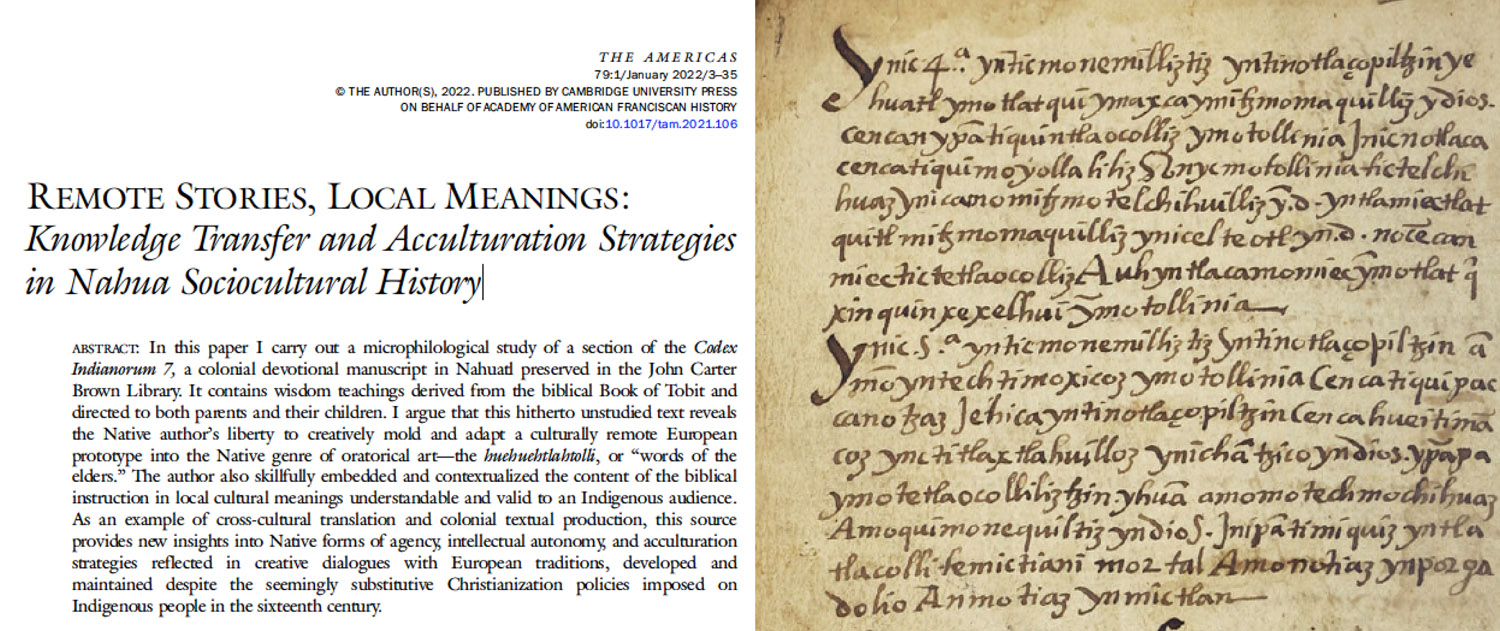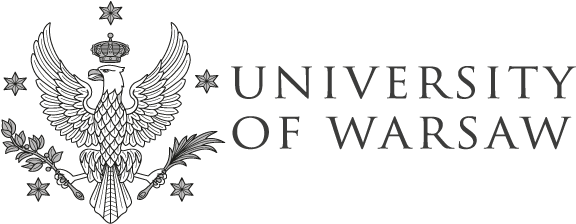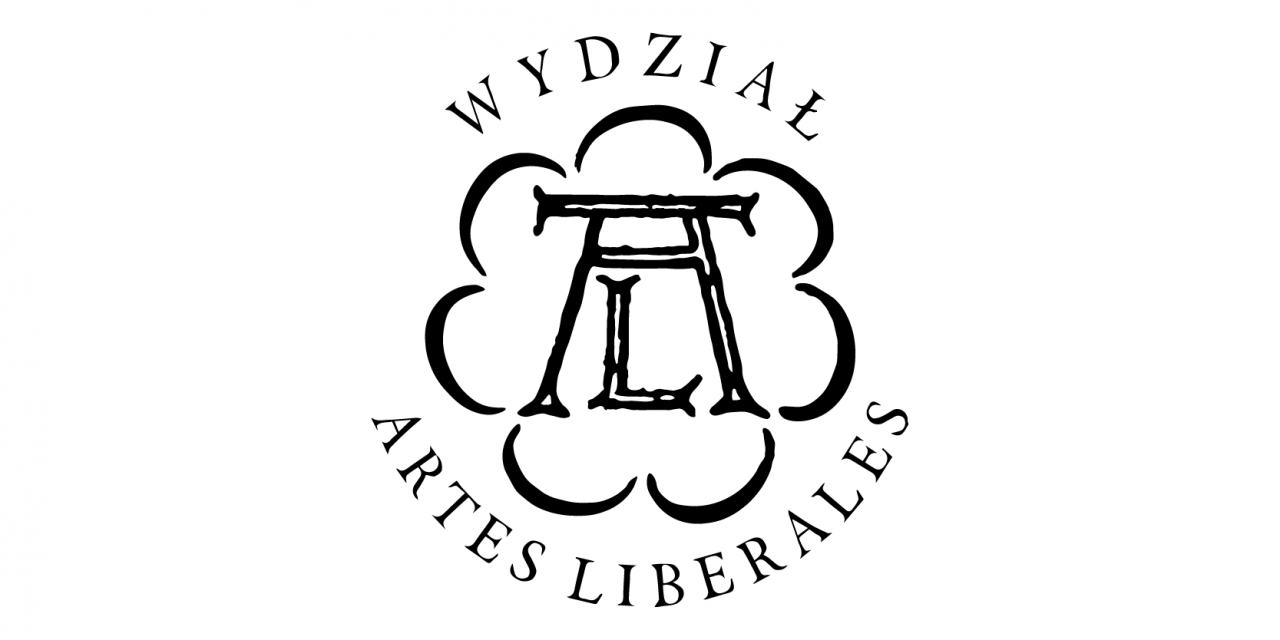The Nahua world from the sixteenth to the twenty-first century National Science Center grant 2019-2021
Director: Justyna Olko
The objective of the project is to understand how the Nahuas (speakers of the Nahuatl language and descendants of the Aztecs) have dealt with the social, cultural and psychological impact of the Spanish conquest of Mexico, including subsequent processes of Christianization, colonial domination and postcolonial assimilation. These painful and coercive events will be analyzed with the help of the concept of trauma, in its psychological, historical and cultural dimensions. The three conceptualizations of trauma refer respectively to the psychological and social injuries that result from distressing circumstances (psychological trauma), their link to historical oppression (historical trauma) and the wide range of unexpected changes touching many aspects of life, and overturning the traditional hierarchies, beliefs and practices underlie the very makeup of the society (cultural trauma). These concepts were created and have been used in different contexts (such as the understanding of the life of Holocaust survivors and their descendants or the situation of American Indian and Alaska Natives in the United States and Canada). The present project will be the first time that they have been coherently applied to the study of the past and present of Mexico.
The research will also focus on the different forms of individual and collective agency (the ability and willingness of the members of a community to make their own decisions and put them into practice for their own benefit) in the context of acculturation strategies. The latter concept refers to the possible outcomes of culture contact and the establishment a relationship between a dominated group – in our case, Nahuas and their culture – with a dominant group – Spanish culture and modern Mexican culture. Positive integration and assimilation (cultural annihilation), separation and marginalization are among the possible outcomes.
All of the above mentioned concepts were created by Western scholars and only one of them (historical trauma) has been applied to the indigenous communities of the Americas. The so-called ‘ontological turn’ in anthropology and history suggests that in such cases the historical research should be undertaken within the metaphysical environment of each past lifeworld – that is to say that Western concepts (trauma, agency or acculturation) should be viewed not as universal end points but only as possibly useful frameworks for understanding native reactions and strategies in both historical and modern contexts. Therefore, crucial for the project is the inclusion of Indigenous researchers and other members of native communities in the research process, as well as the exploration of emic, native perspectives and understandings of the processes studied.
Historical and modern perspectives are often strictly separated in academia. Our approach embraces these contexts in a holistic and multidisciplinary, problem-oriented way. Thus we will study the cultural trauma of Christianization, the unprecedented ethnocide resulting from the long succession of epidemics brought from Europe, the impact of resettlement policies and economic exploitation, the effects of postcolonial discrimination and the many forms of violence that have continued unabated from the sixteenth century to the present day, as interrelated components of the same historical process. The research will have a historical component (identification of relevant Nahuatl documents in local archives) and a modern component (fieldwork in and with indigenous communities) that together will provide a more holistic view and a fuller understanding of the phenomena studied. Our fieldwork will be designed and implemented as community based participatory research. This entails the direct participation, capacity-building and empowerment of local collaborators and sharing of benefits for their communities.
Psychological, historical and cultural trauma effects the well-being of today’s Nahuas, and yet research on this topic has no precedent in Mexico. Our project seeks to make headway towards a better understanding of Indigenous history, going beyond the simplistic polarized views of cultural annihilation and full cultural resilience and survival. We also want to shed light on the still not well-understood connections between clinical trauma, historical trauma and cultural trauma, as well as the unaddressed issue of trauma among modern Indigenous people exposed to many forms of discrimination and language loss. The results of the project may also prove helpful in overcoming trauma and may thus contribute to the empowerment and increased agency of native communities.
